In today's globalized world, the consumer's conscience has been awakened to the social and environmental implications of their choices. This awakening has given rise to the demand for products that are sourced responsibly and produced sustainably. Tea, one of the world's most beloved beverages, has become a focal point of this movement, with imperatives like Fair Trade and Ethical Tea Partnerships (ETP) playing a crucial role in ensuring that the tea industry operates ethically and sustainably.
Fair Trade, as the name suggests, is a global movement aimed at creating a fair and equitable trading system. It focuses on ensuring that small-scale tea farmers and laborers receive a fair price for their produce and have improved working conditions. On the other hand, Ethical Tea Partnerships is an initiative that emphasizes the importance of ethical labor practices, environmental sustainability, and the overall well-being of tea communities. While both are driven by noble intentions, there are some key differences between them.

One of the main distinctions is their focus. Fair Trade primarily emphasizes fair pricing and income stability for tea producers. The organization sets a minimum price for tea products, ensuring that farmers are paid a rate that covers their production costs and provides a reasonable standard of living. This approach can be beneficial for individual farmers but may not always address broader issues like environmental sustainability or community development.
Ethical Tea Partnerships, on the other hand, takes a more holistic approach. It acknowledges that ethical sourcing goes beyond fair wages. ETP encourages responsible land use, water management, and sustainable agricultural practices, ensuring that tea is grown in harmony with nature. Additionally, ETP places a strong emphasis on social development, investing in education, healthcare, and community well-being. This makes ETP a comprehensive solution that takes into account the long-term welfare of tea communities and the environment.

Another significant difference lies in the certification process. Fair Trade has a well-established certification system that allows consumers to identify products meeting its standards through a recognizable label. ETP, however, works with producers and brands to improve their practices and doesn't offer a separate certification label. Instead, ETP focuses on building long-term partnerships and guiding companies toward sustainability, which means that consumers may not always see a distinct ETP logo on their tea products.
In terms of impact, both Fair Trade and ETP have made meaningful contributions to the tea industry. Fair Trade has been successful in ensuring fair compensation to many small-scale farmers, while ETP's broader approach has led to improvements in sustainability and community development. Ultimately, the choice between the two may depend on the specific values and priorities of the consumer.
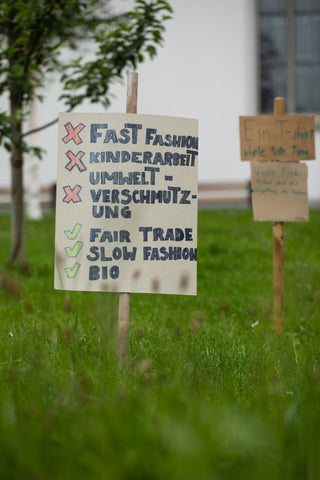
The tea industry has made significant strides in adopting ethical and sustainable practices through organizations like Fair Trade and Ethical Tea Partnerships. While Fair Trade places a primary focus on fair pricing, ETP takes a more holistic approach, addressing environmental and social aspects of tea production. Both have their merits and contribute to a more ethical and sustainable tea industry. The informed consumer, equipped with this knowledge, can make choices that align with their values, ultimately supporting a more responsible tea market.
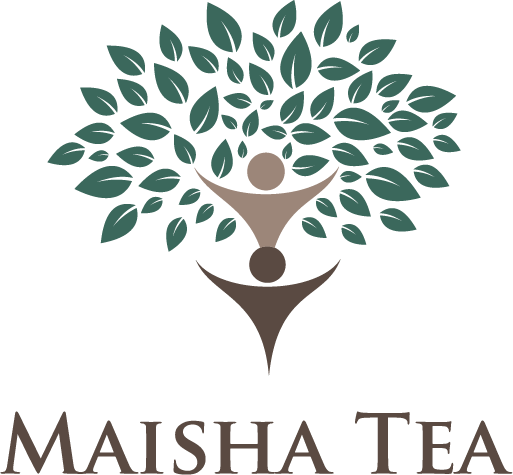





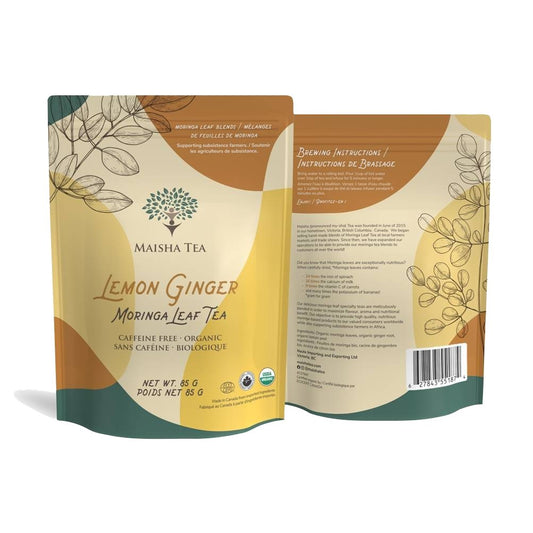
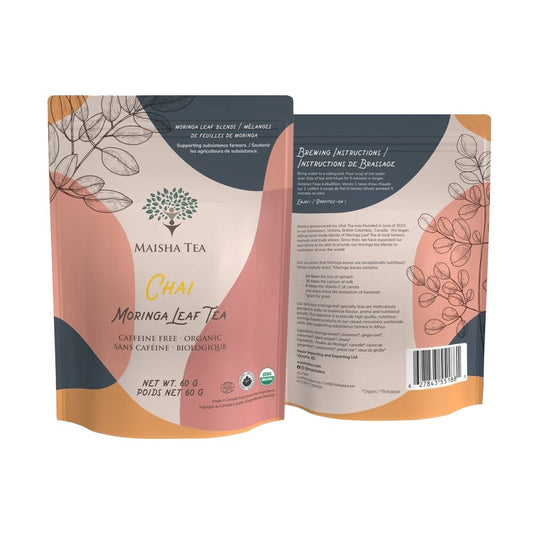
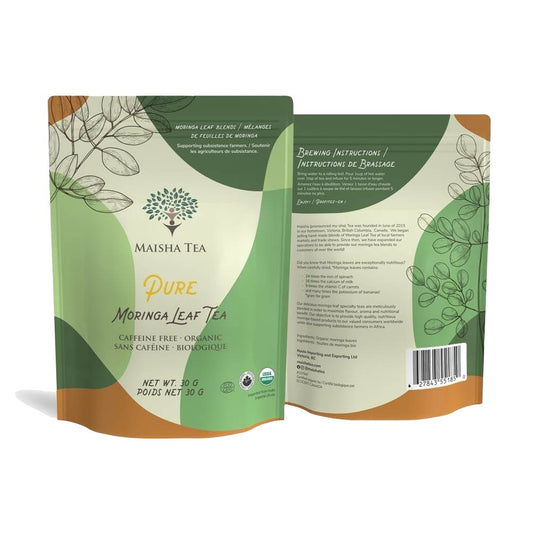
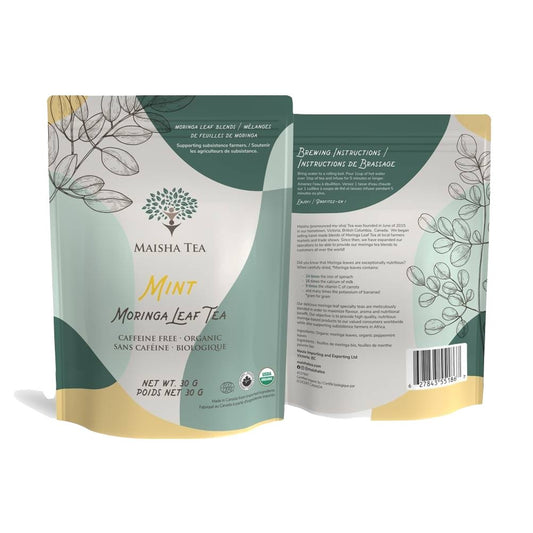
1 comentario
It’s ‘Fairtrade’ not ‘Fair Trade’ which alone indicates you haven’t really done your research. Fairtrade’s approach is far more holistic than ETP – it focuses on sustainability and everything that the ETP claims to address – and more! You should withdraw this misrepresentation of Fairtrade and encourage a movement to Fairtrade accreditation.